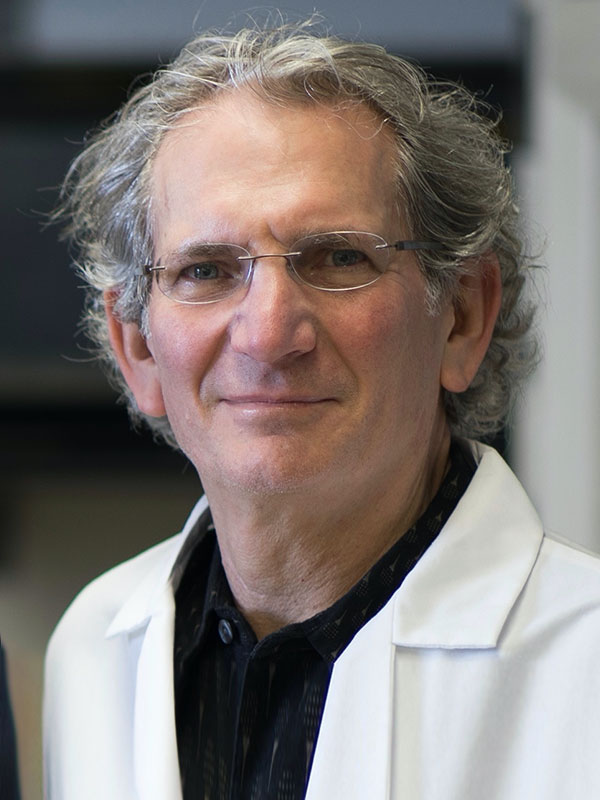Einstein Experts for Media
Cancer
Milan Kinkhabwala, M.D.

Professor, Surgery, Einstein
Chief, Transplantation, Montefiore Einstein Center for Transplantation
Director, Abdominal Organ Transplantation, Department of Surgery, Montefiore Einstein Center for Cancer Care
Liver diseasesTransplantationStem cell research
Liver cancer
Dr. Kinkhabwala is an active member of Einstein’s NIH-funded Marion Bessin Liver Research Center, where he is working to develop new treatments derived from stem cells for liver diseases, including liver cancer. An expert in complex liver surgery, including liver transplantation, he helped establish the Montefiore Einstein Center for Transplantation, where physicians, surgeons, nurses and other clinicians work with scientists to deliver integrated care for patients with organ failure. read more...
Robert D. Burk, M.D.

Professor and Vice Chair for Translational Research, Department of Pediatrics
Professor, Microbiology & Immunology
Professor, Obstetrics & Gynecology and Women’s Health
Professor, Epidemiology and Population Health
Attending Physician, Pediatrics, the Children's Hospital at Montefiore
Human papillomavirus (HPV)Cervical cancer screeningMolecular evolution
Dr. Kinkhabwala is an active member of Einstein’s NIH-funded Marion Bessin Liver Research Center, where he is working to develop new treatments derived from stem cells for liver diseases, including liver cancer. An expert in complex liver surgery, including liver transplantation, he helped establish the Montefiore Einstein Center for Transplantation, where physicians, surgeons, nurses and other clinicians work with scientists to deliver integrated care for patients with organ failure. read more...

Tablet Blog